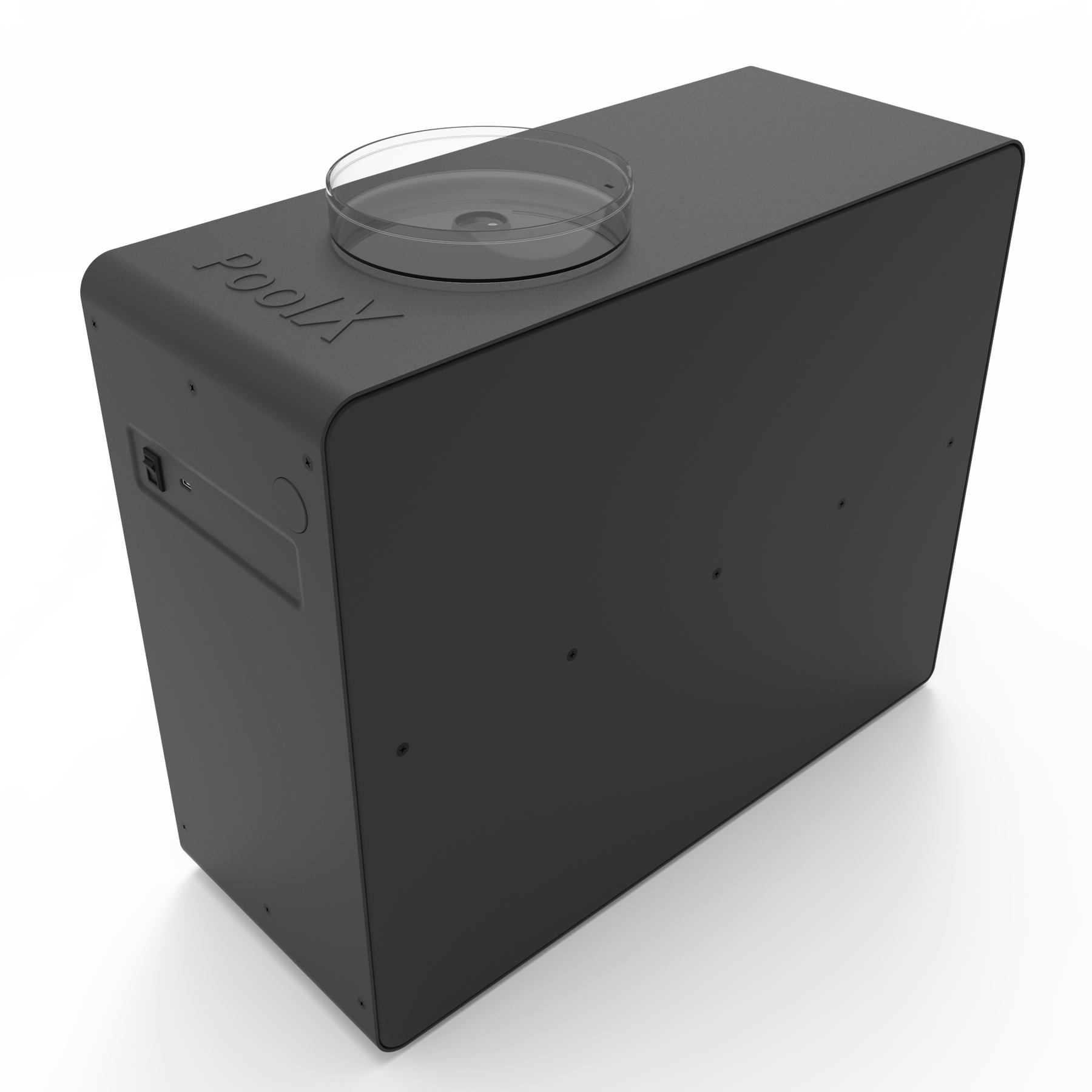Owning a pool is a big investment, one that can add tremendous value to your home while offering endless opportunities for fun and relaxation. However, to keep your pool in top-notch condition, you need to understand what chemicals are essential for its upkeep. This article covers everything you need to know about pool chemicals and how to use them effectively. By the end of this piece, you will be well-equipped to maintain your pool like a pro!

Why Pool Chemicals Are Important
Pool chemicals are the unsung heroes that keep your pool water clean, safe, and inviting. Neglecting these essential chemicals can lead to cloudy water, skin irritations, and even health risks. By maintaining the right chemical balance, you can ensure that your pool remains a delightful spot for your family and friends.

The Basics of Pool Chemistry
Understanding pH Levels
The pH level measures the acidity or alkalinity of your pool water. A balanced pH level is crucial for the effectiveness of other chemicals. Ideally, you should aim for a pH level between 7.2 and 7.8. When the pH level is within this range, your pool chemicals work best, and swimmers enjoy a comfortable experience.
Chlorine: The Primary Pool Sanitizer
Chlorine is the main chemical used to kill bacteria and prevent algae growth. Its available in various forms like tablets, granules, and liquid. Maintaining a chlorine level between 1.0 and 3.0 parts per million (ppm) ensures that your pool stays sanitary and safe. For more on how chlorine works, check out this comprehensive guide.

Essential Pool Chemicals
Algaecides
Algae can turn your sparkling pool into a green nightmare. Algaecides are chemicals specifically formulated to prevent and treat algae growth. Using them regularly ensures that your pool water remains clear and inviting.
Clarifiers
Clarifiers help in clearing cloudy pool water by coagulating small particles, making them easier to be filtered out. Regular use of clarifiers can keep your pool water crystal clear, adding to its aesthetic appeal.
pH Increasers and Decreasers
Maintaining the right pH balance is essential for optimal pool health. pH increasers (usually sodium carbonate) and pH decreasers (often muriatic acid) help you adjust the pH levels of your pool water, ensuring other chemicals work effectively.
Calcium Hardness Increaser
This chemical is essential for preventing corrosion and maintaining the structural integrity of your pool surfaces. A balanced calcium hardness level (between 200-400 ppm) ensures your pool remains in excellent condition.
As an Amazon Associate, I earn from qualifying purchases.
How to Test Pool Water
Test Kits and Strips
Testing your pool water regularly is crucial for maintaining a balanced chemical environment. You can use test kits or test strips to measure chlorine, pH, alkalinity, and calcium hardness levels. Make it a habit to test your pool water at least once a week.
Using a Pool Water Professional
For those who find pool testing complicated, enlisting the help of a professional can be beneficial. Pool care professionals use advanced tools to provide a detailed analysis of your pool water, ensuring it remains in excellent condition.
How to Add Chemicals to Your Pool
Direct Application
Some chemicals like chlorine tablets are designed for direct application. Simply place them in the pool skimmer or dispenser, and let them dissolve over time to maintain the right chemical levels.
Pre-Dissolving in Water
Powders and granules often require pre-dissolving in a bucket of water before being added to the pool. This method ensures even distribution and reduces the risk of staining pool surfaces.
Common Mistakes to Avoid
Ignoring pH Levels
Neglecting your pool’s pH balance can make other chemicals ineffective and cause skin irritations or eye discomfort for swimmers. Always check and adjust pH levels as needed.
Over-Chlorinating
Adding too much chlorine can result in skin and eye irritations. It can also cause damage to pool surfaces and equipment. Stick to recommended chlorine levels for a safe swimming environment.
Improper Chemical Storage
Always store pool chemicals in a cool, dry place. Keep them away from direct sunlight and moisture to maintain their effectiveness. Improper storage can lead to chemical degradation and reduced efficiency.
Maintaining Your Pool Throughout the Year
Different seasons bring different challenges for pool maintenance. Understanding how to manage your pool chemicals throughout the year ensures that your pool remains in excellent condition.
Spring
Spring is the perfect time to shock your pool and balance your chemical levels after months of inactivity. Clean the pool thoroughly and ensure all equipment is in working order.
Summer
During the hot summer months, your pool requires regular attention. Increased use and higher temperatures can affect chemical levels, making consistent testing and adjusting essential.
Fall
As temperatures drop, you may find yourself using the pool less frequently. However, maintaining chemical balance and cleaning the pool remain crucial to prevent algae growth and other issues.
Winter
For those in colder climates, properly winterizing your pool is essential. Lower the water level, add a winter algaecide, and cover the pool to protect it from the elements.
FAQs
Do I need to test my pool water frequently?
Yes, testing your pool water at least once a week ensures that the chemical levels remain balanced, keeping your pool safe and clean for swimming.
Can I use household bleach instead of pool chlorine?
While household bleach can be used in a pinch, it is not recommended for regular pool maintenance due to its lower concentration and potential impurities. Stick to pool-grade chlorine for best results.
What should I do if my pool water becomes cloudy?
Cloudy pool water can result from various factors, including unbalanced chemicals, poor filtration, or algae growth. Use a clarifier, test and adjust chemical levels, and clean the filter to clear up the water.
Related Links:

